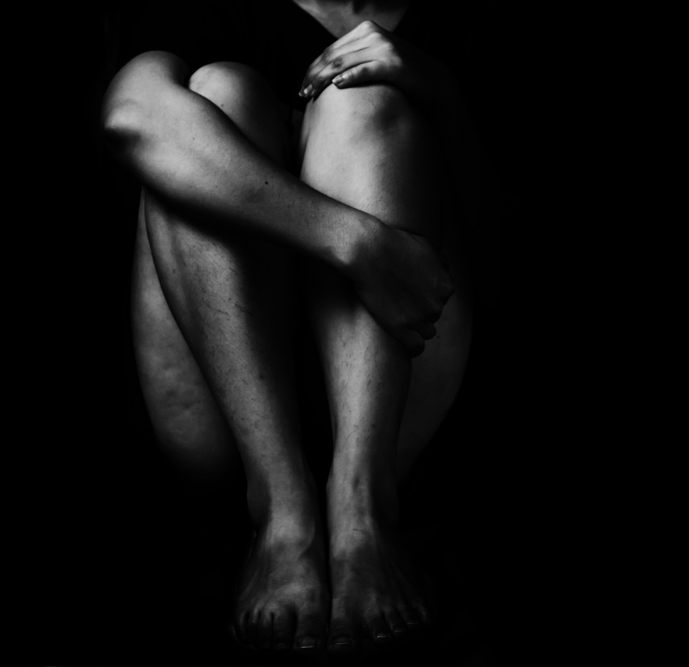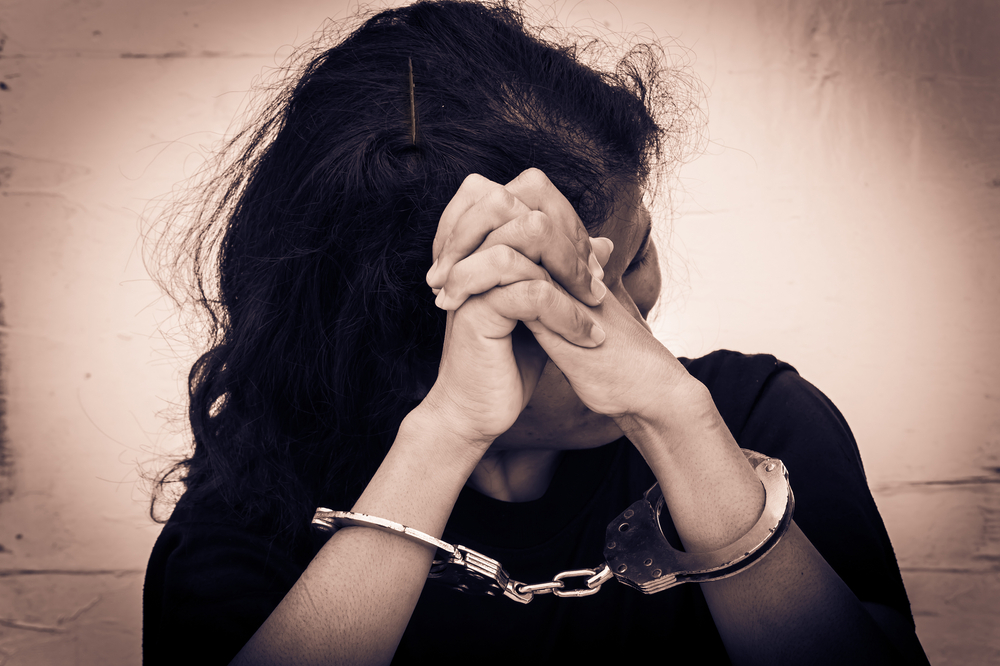Trafficking continues to be a thorn in India’s flesh. This is borne out by the latest report of the National Crime Records Bureau in which West Bengal, Maharashtra and Karnataka are among the worst farers. Hearteningly, enterprising interventions seem to be gathering steam as well. The Karnataka government has enlisted the help of survivors of trafficking and slavery to track those who are yet to be rehabilitated. Such an initiative is perhaps an admission that the State can only be a facilitator of change; the actual work on the ground needs to involve the community. Survivors not only have crucial knowledge about the mechanisms of trafficking and the relevant laws but they are also instrumental in helping victims overcome the shame and distrust that are heaped upon them by society. Involving those affected directly by the menace is often the key to a successful intervention. Thus, roping in rescued victims housed in rehabilitation shelters could act as a safeguard against the problem of re-trafficking as they are likely to be the first to know of such incidents. West Bengal has done something similar with its Swayangsiddha scheme.
But just as legislations need the support of communities to succeed, efforts by the community, too, need strong laws in order to be effective. More than 36 years after the Karnataka Devadasis (Prohibition of Dedication) Act was passed, the state is yet to issue the rules for administering the law. Strangely, the proposed Central bill on trafficking — the Lok Sabha passed it last year — advocates a centralized approach. For instance, it lays stress on setting up rehabilitation centres without acknowledging the role that community participation can play within institutions that remain outside the purview of regular scrutiny. Further, increasing punishments for trafficking — the bill endorses such an approach — would amount to little as long as socio-economic factors that lead to trafficking remain unaddressed. Education and employment are also important to integrate trafficking victims. Notwithstanding its chequered performance, Karnataka has reserved 1 per cent seats in all state-run universities for Devadasis and their children.













